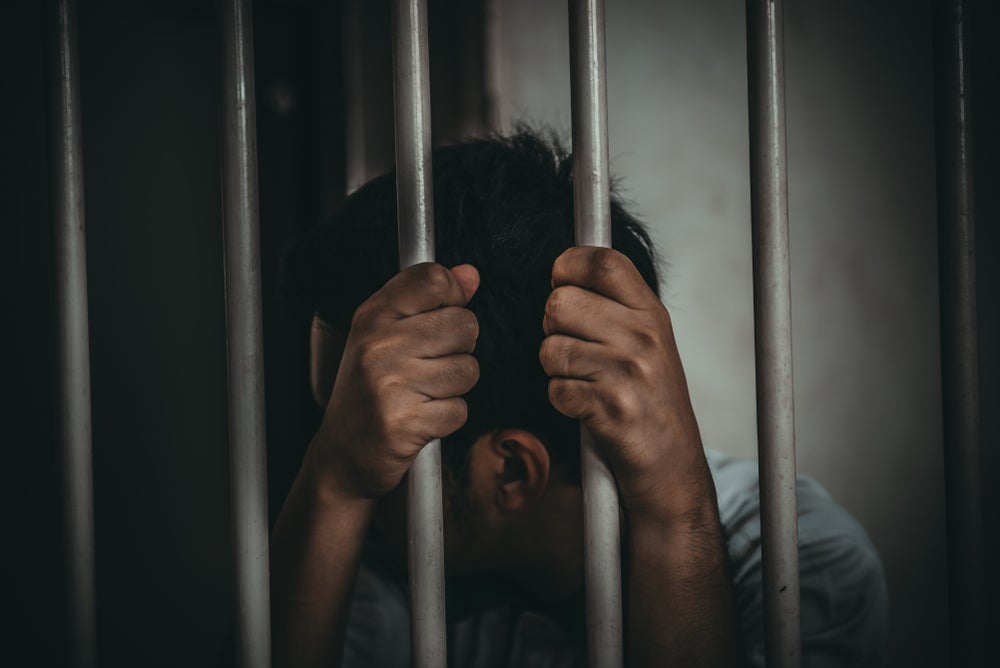Crime and Punishment
The concept of crime
and punishment in the United States refers to the country's legal and criminal
justice system, which addresses the prevention, investigation, prosecution, and
sanctioning of crimes. Here are some key aspects of the crime and punishment
system in the U.S.:
Investigation and Law Enforcement: Law enforcement agencies, such as local, state, and federal police, are responsible for investigating crimes, apprehending suspects, and presenting evidence to prosecutors for prosecution.
Judicial Process: Once
a formal accusation is made, the judicial process begins with the trial, where
the guilt or innocence of the accused is determined. Defendants are entitled to
a fair trial and to be represented by an attorney. If found guilty, a sentencing
hearing is held to determine the appropriate punishment.
Sentencing and
Punishment: Sentences may include fines, probation, parole, community service,
rehabilitation, imprisonment, and, in some cases, the death penalty. The
severity of the crime and other factors, such as the defendant's criminal
history, often influence the determination of the sentence.
Criticism and Reforms:
Over the years, the U.S. criminal justice system has faced criticism for
various reasons, including racial and socioeconomic inequality in the
prosecution and sentencing of crimes, overcrowding in prisons, and recidivism
rates. As a result, there have been ongoing calls for reforms to address these
issues and improve the effectiveness and equity of the criminal justice system.


No hay comentarios.:
Publicar un comentario